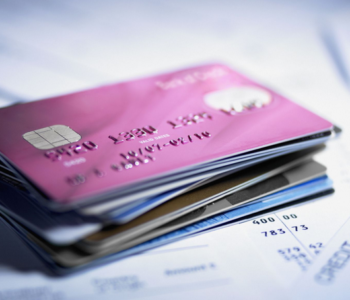 Loans
Loans
Car Loan 101: Understanding Different Loan Types
When it comes to financing a car purchase, understanding the various types of car loans available is essential. From traditional bank loans to dealership financing options, each type of loan has its own set of terms, benefits, and considerations. In this guide, we’ll delve into the basics of car loans, exploring the different loan types to help you make an informed decision when financing your next vehicle.

Secured Car Loans
Secured auto loans are one of the most common types of auto financing. With this loan type, the vehicle itself serves as collateral for the loan. If the borrower fails to repay the loan, the lender has the right to repossess the car to recoup their losses. Secured car loans typically offer lower interest rates compared to unsecured loans, making them an attractive option for many buyers.
Unsecured Car Loans
Unlike secured loans, unsecured car loans do not require collateral. Instead, lenders rely solely on the borrower’s creditworthiness to determine eligibility and interest rates. Unsecured loans typically have higher interest rates and stricter eligibility criteria, as lenders bear a higher risk without collateral. Borrowers with excellent credit scores may qualify for competitive rates, while those with poor credit may face challenges securing an unsecured loan.
Fixed-Rate Car Loans
Fixed-rate car loans feature a consistent interest rate throughout the loan term. This means that the borrower’s monthly payments remain the same, providing predictability and stability. Fixed-rate loans are advantageous for budget-conscious buyers who prefer knowing their exact payment amounts each month. However, fixed-rate loans may initially have higher interest rates compared to variable-rate loans.
Variable-Rate Car Loans
Variable-rate car loans, also known as adjustable-rate loans, feature interest rates that fluctuate based on market conditions. Initially, variable-rate loans may offer lower interest rates compared to fixed-rate loans, making them appealing to some borrowers. However, the risk with variable-rate loans lies in potential interest rate hikes, which can result in higher monthly payments over time. Borrowers should carefully consider their risk tolerance and financial situation before opting for a variable-rate loan.
Balloon Payment Car Loans
Balloon payment car loans involve making smaller monthly payments throughout the loan term, with a large “balloon” payment due at the end. This final payment typically represents the remaining loan balance and is significantly larger than the preceding payments. Balloon payment loans may be suitable for buyers who anticipate having the means to pay off the lump sum at the end of the term, such as through refinancing or selling the vehicle. However, borrowers should be cautious of potential financial strain associated with balloon payments.
Lease Buyout Loans
Lease buyout loans allow individuals to purchase the vehicle they were leasing at the end of the lease term. These loans facilitate ownership of the vehicle after leasing it for a specified period.
Subprime Car Loans
Subprime car loans are designed for individuals with less-than-perfect credit scores. Interest rates may be higher, but they provide an opportunity for borrowers with poor credit to finance a vehicle.
Choosing the Right Car Loan
When selecting a car loan, it’s essential to consider factors such as interest rates, loan terms, repayment options, and overall affordability. Compare offers from multiple lenders, taking into account the total cost of the loan, including interest and fees. Additionally, assess your financial situation, credit score, and long-term goals to determine the most suitable loan type for your needs. By understanding the different car loan options available, you can make informed decisions and secure financing that aligns with your budget and preferences.
Final Thoughts
In conclusion, car loans come in various forms, each with its own pros and cons. Whether you opt for a secured or unsecured loan, fixed-rate or variable-rate loan, it’s crucial to carefully evaluate your options and choose the loan type that best suits your financial circumstances and goals. With a clear understanding of different car loan types, you can confidently embark on your car-buying journey and drive away in the vehicle of your dreams.
You will find the following information useful:















